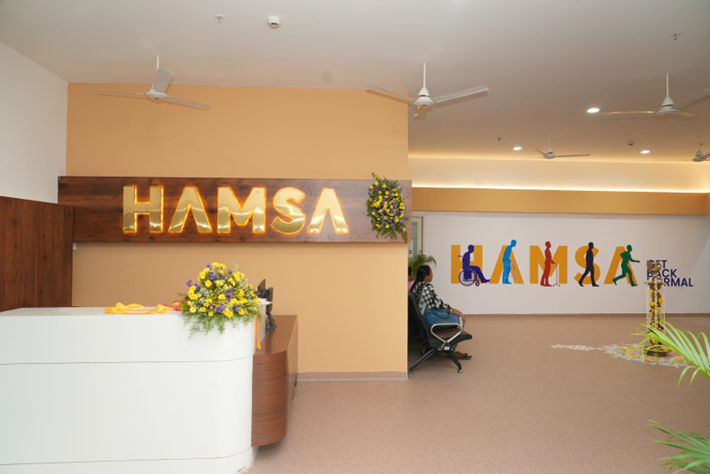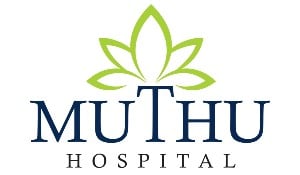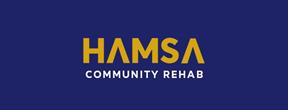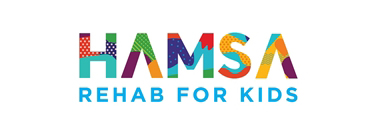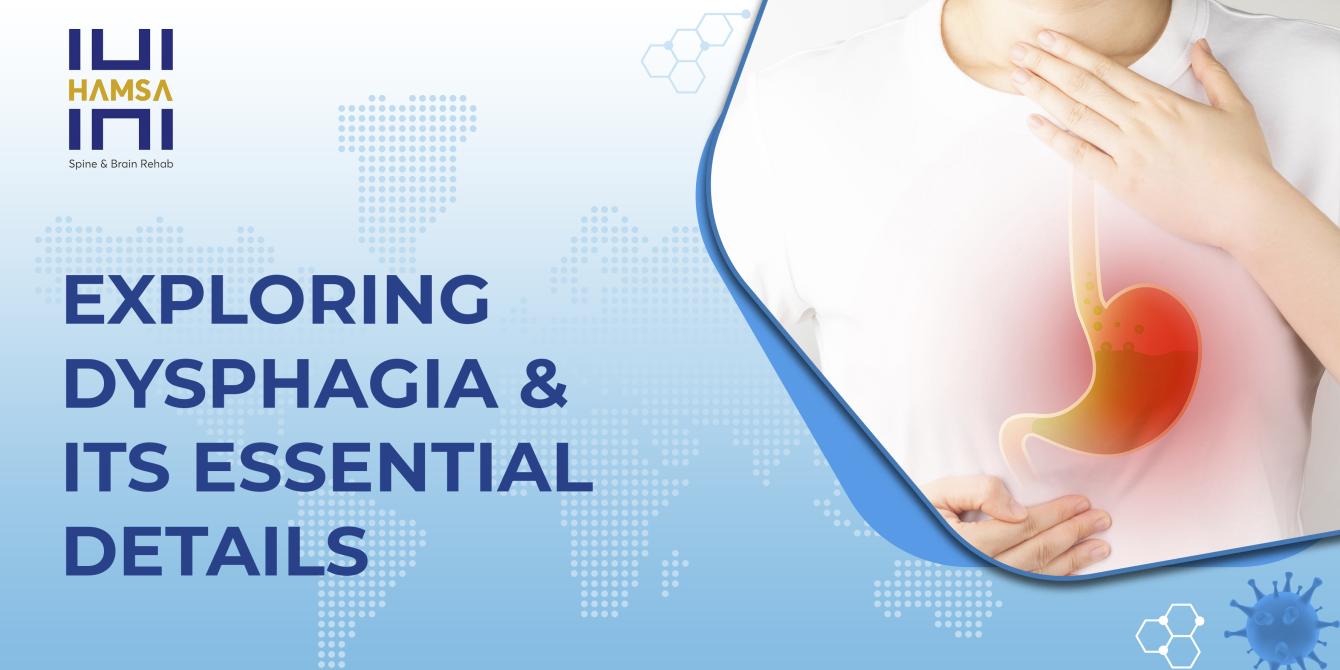
Suffering from persistent difficulty in swallowing solid and liquid food? This could be an alarm bell for Dysphagia, a condition where the food takes more time to travel down your food pipe to the stomach.
Now, you could be thinking that having trouble swallowing food is not a big issue. It occurs when you eat too fast or don't chew well enough. But, Dysphagia is a far more serious condition. This disorder occurs when there is a problem with the neurological or muscular control of the structures involved in the swallowing process.
Dysphagia is not limited to swallowing difficulties. There is an additional risk of choking, dehydration, and malnutrition. Many people suffering from Dysphagia have little or no knowledge about this medical condition. We have compiled all the necessary information in this article to help you better understand this health issue.
Symptoms That Raise The Red Flag For Dysphagia
Dysphagia is common to people of all ages. However, senior adults are more prone to this condition which manifests itself through various symptoms such as:
- Inability to swallow liquids and solids
- Sensation of the food getting stuck in the throat behind the sternum.
- Frequent heartburns, regurgitation, and vomiting.
- Odynophagia or pain when swallowing
- Excessive drooling
- Gagging or coughing when swallowing
- Unexpected weight loss
- Food avoidance due to swallowing difficulties
Tests To Diagnosis Dysphagia
If you or your loved ones suffer from the following symptoms, you must consult with your physician before the symptoms worsen. Your doctor will diagnose Dysphagia based on the neuromuscular or obstructive causes. Based on the reasons, they will conclude if the Dysphagia is oesophageal or oropharyngeal. Your doctor will then refer you to a speech pathologist who will treat this disorder based on the following tests:
- Endoscopy
During an endoscopy, a thin, flexible tube with a tiny camera at one end is passed down your food pipe. As the camera moves down your throat, it reveals any inflammation, tumours, and other oesophageal obstructions. Your doctor may take biopsy samples if necessary.
- Manometry
Also termed oesophageal muscle test, it is quite similar to an endoscopy. During this test, a small tube connected to a pressure recorder is inserted into the oesophagus. This tool measures the muscle contractions of the oesophagus as you swallow.
- Barium X-rays
1. Dynamic swallowing study:
During this test, your doctor will ask you to eat barium-coated foods of different consistencies. Then they will take x-rays to check for coordination problems in the throat and mouth muscles.
2. Contrast x-rays
For this test, you will be made to drink a barium solution that will coat your oesophagus so that it is clearer in the x-rays. This barium coating will help to identify any changes in the oesophageal structure.
Types Of Dysphagia & The Reasons That Cause The Disorder
We've already mentioned that Dysphagia is of two types, which will be revealed only after the initial diagnosis.
1. Oropharyngeal Dysphagia
Oropharyngeal Dysphagia occurs when your throat muscles weaken. As a result, food cannot go down your throat and beyond your oesophagus. You may cough, gag, or even choke on food. Some of the common reasons for Oropharyngeal Dysphagia are:
- Cancers of the mouth, neck, throat, oesophagus, and brain. Often the treatment for these cancers can also lead to Dysphagia.
- Pharyngoesophageal diverticulum or Zenker's diverticulum
A diverticulum is a pouch or pocket-like outgrowth forming in the gastrointestinal wall. A Zenker's diverticulum occurs at the very entrance of the Upper Esophageal Sphincter (UES) or the digestive tract.
- Neurological disorders such as Cerebral Palsy, Parkinson's, stroke, dementia, Multiple Sclerosis, and serious head injuries.
2. Oesophageal Dysphagia
People suffering from this disorder often complain about solid or liquid food getting stuck at the base of the throat or chest. The most common reasons behind Osophageal Dysphagia are:
- GERD or Gastro Esophageal Reflux Disease, a digestive disorder that affects the Lower Esophageal Sphincter (LES).
- Achalasia makes it difficult for the food to pass from the swallowing tube connecting your mouth and your stomach.
- Scleroderma or scar-like tissues cause the hardening of the oesophageal tissue.
- Oesophageal Stricture, or the abnormal tightening or narrowing of the oesophagus.
- Oesophagal Diffuse Spasms are painful oesophageal contractions that feel like sudden, severe chest pain that lasts from a few minutes or hours.
- Eosinophilic Esophagitis, an inflammation that is caused by excessive eosinophils due to food allergies.
- Foreign bodies that may block the oesophagus.
- Inflammation and scarring caused by radiation therapy.
Risk factors associated with Dysphagia
Unless treated on time, Dysphagia can severely impair your life and make even the most simple act of swallowing an everyday challenge. Without early diagnosis and treatment, you could become vulnerable to various complications like:
- Neurological disorders
- Choking or obstruction of the airway could be fatal if the obstruction is not cleared.
- Dehydration, weight loss, and malnutrition due to restricted food intake.
- Aspiration pneumonia is a common complication where food enters the airway, allowing bacteria from the food to infiltrate the lungs.
These complications underline the need for timely and comprehensive diagnosis of Dysphagia. Your doctor can also start the treatment process before the symptoms worsen and the situation gets out of hand.
Fortunately, Dysphagia is curable and can be treated through invasive or non-invasive methods, depending on what causes the ailment. Let's check out the treatment options available for Dysphagia.
Dysphagia Treatment: Procedures & Diet Recommendations
The following is a list of treatments your doctor may consider if you have oesophagal Dysphagia:
- Oesophageal dilation
The procedure involves a balloon attached to an endoscope and sent down the food pipe to stretch the narrowed parts of the oesophagus.
- Surgery
Removal of tumours, diverticulum and malfunctioning muscles, and placement of stents to clear the oesophagus.
- Medications to control GERD and muscle spasms.
Treatment for Oropharyngeal Dysphagia involves Speech Language Pathologists (SLP) to review your imaging tests and customise a treatment plan for you. Your SLP may recommend the following treatment procedures:
- Exercises to strengthen the muscles that help you swallow food.
- Teach you strategies that make swallowing easier
- Training you on methods to ease your symptoms
- Educating you to change the texture and consistency of food
Doctors also recommend the following changes in your eating habits to alleviate the symptoms of Dysphagia:
- Consumption of frequent, smaller meals.
- Eating and chewing the food slowly
- Cutting larger chunks of food into smaller, bite-sized pieces
- A pureed food diet for those with moderate to severe Dysphagia
- Inclusion of moist, easy-to-swallow foods like cereals, porridges, and properly cooked meat and vegetables.
- Avoiding crunchy foods like chips, candy, raw apples and carrots.
- Avoiding tobacco, alcohol, and caffeine
Navigating life with Dysphagia
Swallowing food is an action we all do from birth. When something as simple as that becomes complicated and painful, your everyday life can become very challenging. As far as Dysphagia is concerned, early diagnosis and treatment are your best options to get back on the road to recovery. Moreover, an open communication with your healthcare team will give you the best guidance and direction to deal with this ailment. Experts also recommend consistent nutrition and speech therapy to help you handle the daily challenges of Dysphagia.
At Hamsa Spine and Brain Rehab, Chennai, our Speech Language Pathologists can help you overcome swallowing disorders and improve your quality of life. Swing by here to learn how our speech therapy offered by our expert therapists can restore normalcy in your life that's been disrupted by Dysphagia.


